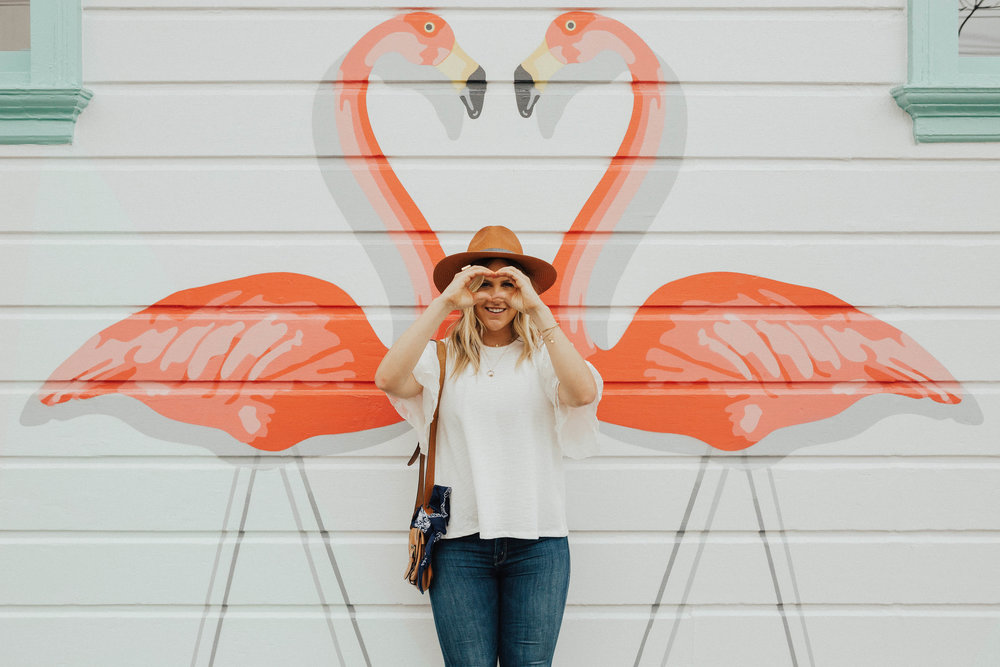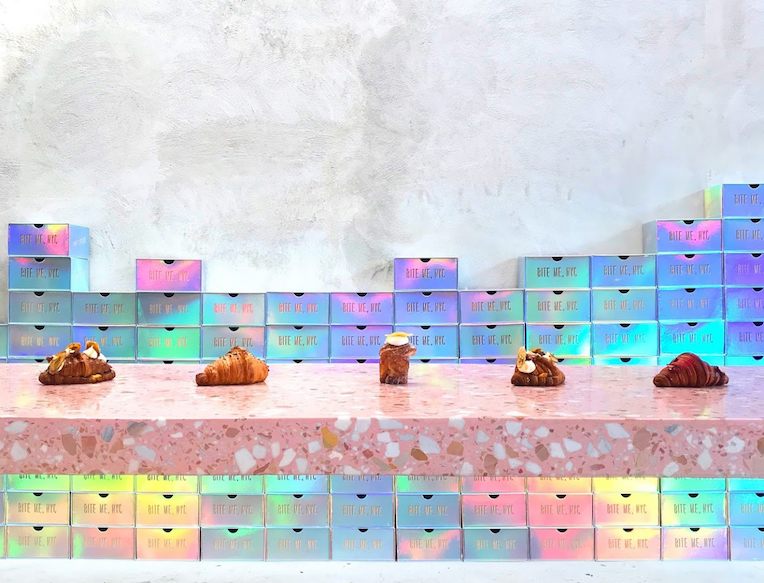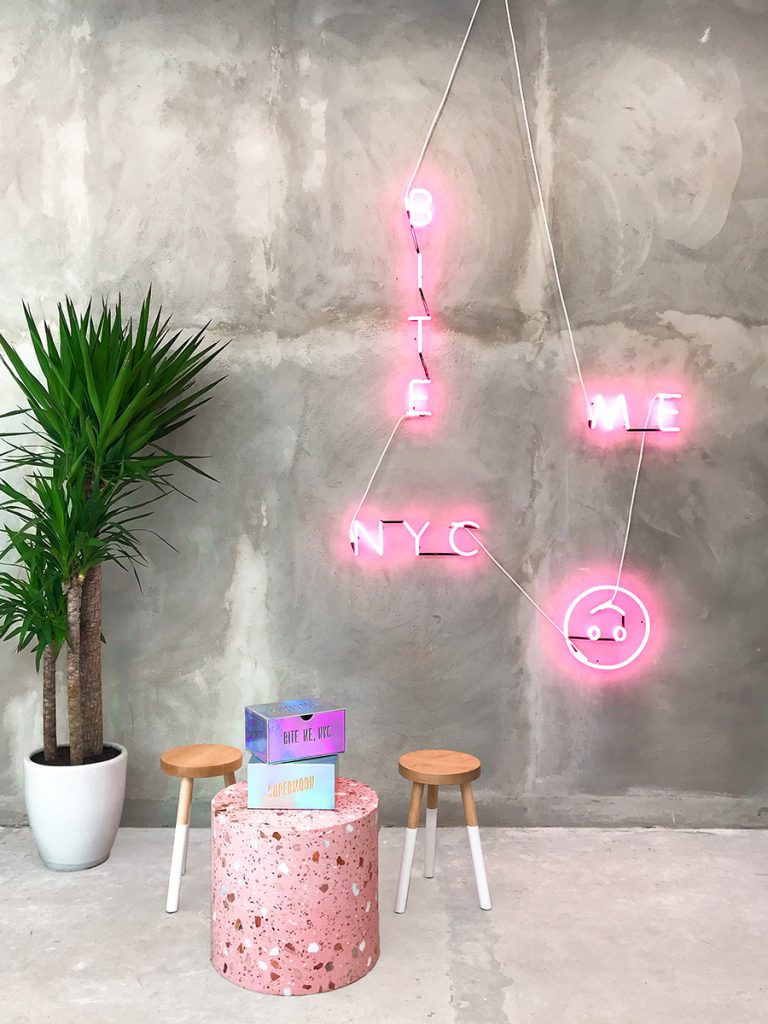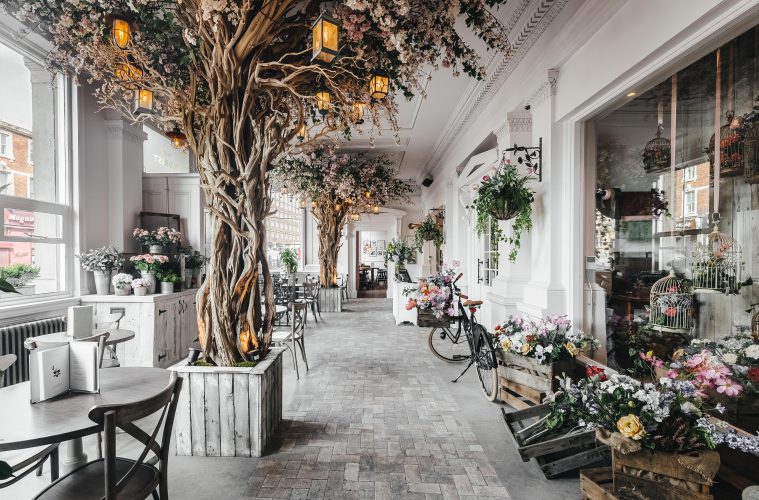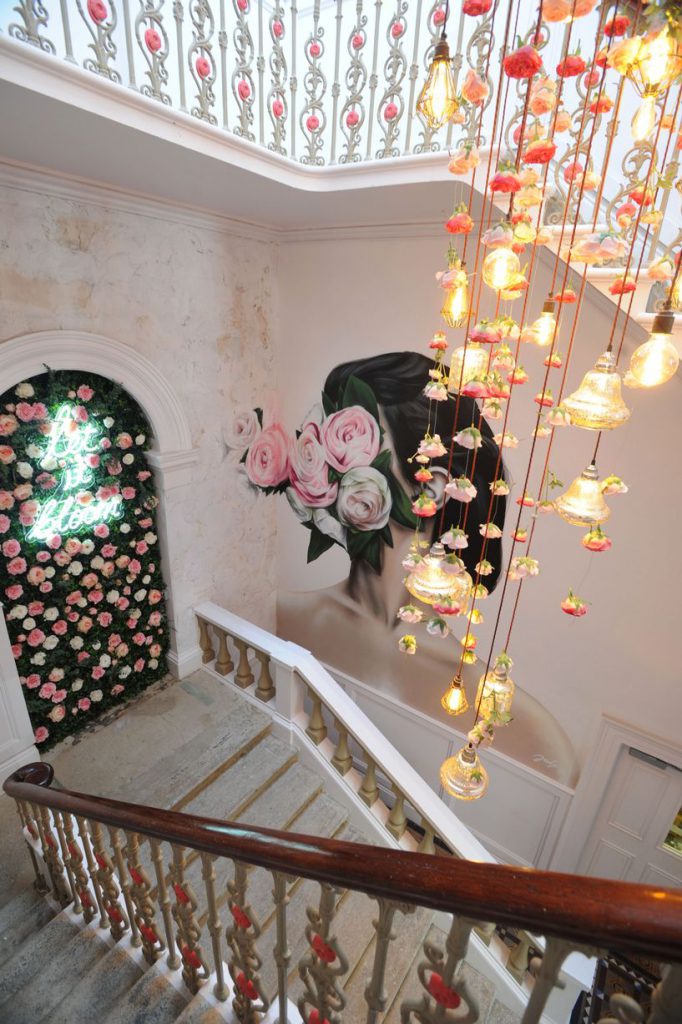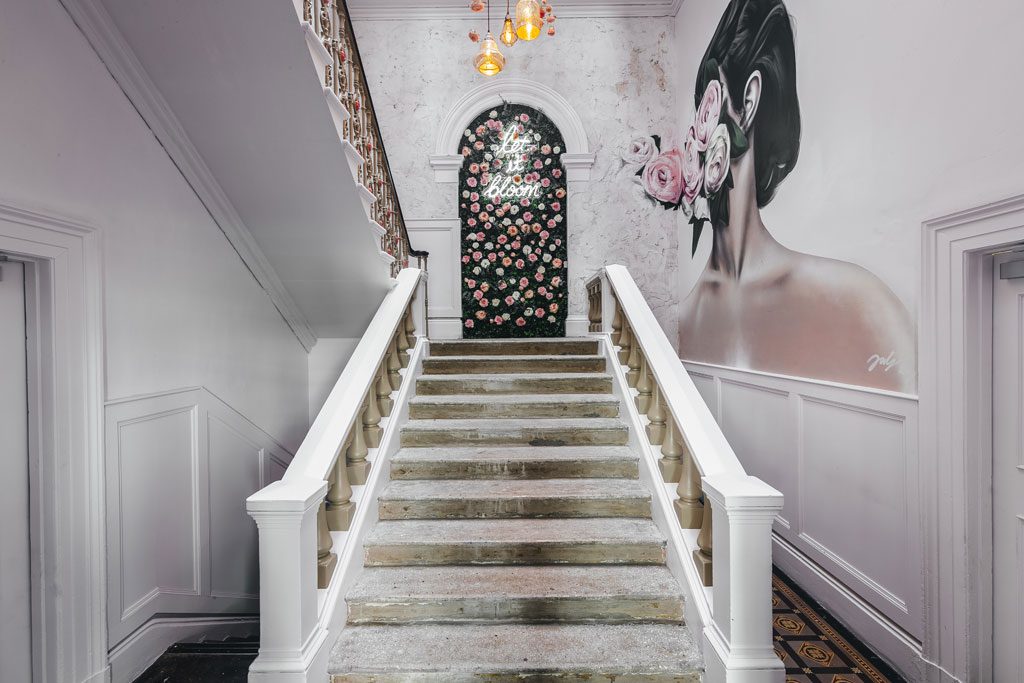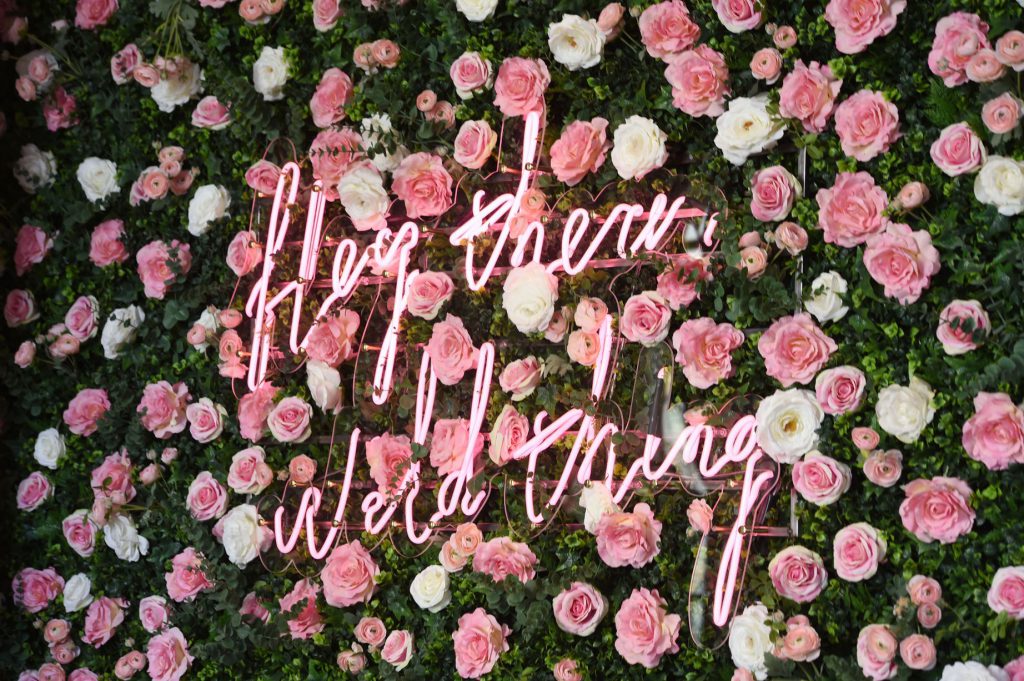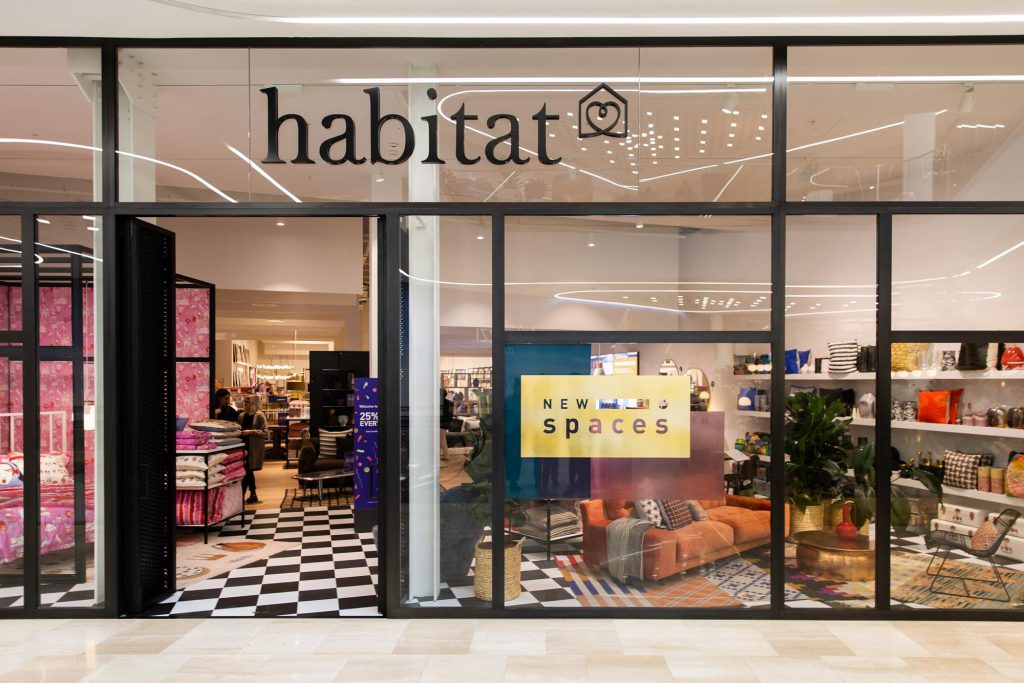Written by NDA senior tutor, Vicky McClymont.
(To see more Instagram worthy interiors, head over to our Pinterest page)
As we all know, trends play a huge part in the development, concept and design of our interiors; our industry is heavily influenced by colour, pattern and finish – all key elements of any trend. However, the design of interiors, particularly in retail and hospitality, is going through somewhat of step-change. The use of social media in order to communicate with friends, followers, clients, customers and consumers has for long, been a fundamental aspect of our daily lives, but we are now seeing as part of the interiors industry, that Instagram is playing a vital role in how clients communicate their brief, and how users of said spaces interact with the environment around them. This is the Insta-interior.
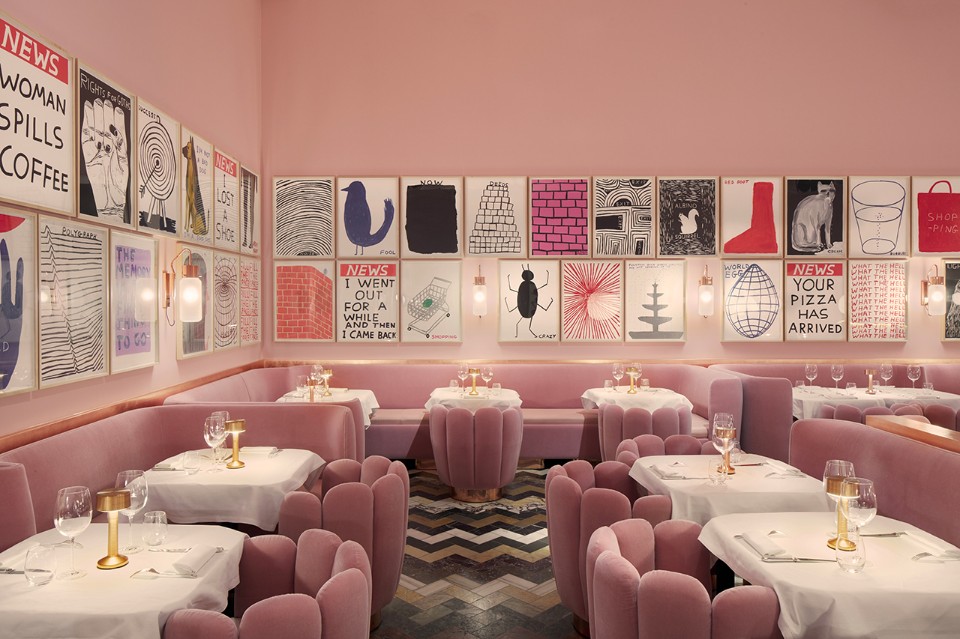 Sketch, London – one of London’s most Instagrammed restaurant interiors.
Sketch, London – one of London’s most Instagrammed restaurant interiors.
Traditionally, it is the designer’s job to work closely with their client to help draw out, understand and subsequently develop an informative, well-structured and comprehensive design brief. Designer and client alike, must be well-informed and confident about what a project will entail and what essentially, is the end goal. This is however, not as clear-cut when it comes to the Insta-interior. Designers are now being challenged by their clients to create a space with very little direction other than it to be “Instagram worthy”. As Laureen Moyal, founder of branding and design studio ‘Paperwhite’ suggests, “Instagram is making the client really aware of the importance and the power of design, whether it’s in wayfinding or branding or experiential design” (2017).
Take for example the owners behind San Francisco-based restaurant, Media Noche. When asked by their designer for ideas regarding the interior, they found themselves lacking inspiration. Their one and only instruction was “We wanted to be Instagrammable” (2017).
The Cuba-Miami inspired restaurant was designed by Hannah Collins Design Studio, with the idea to recreate the atmosphere of a typical Cuban home, to combine the warmth and cosiness of a private residence with the liveliness of a commercial space.
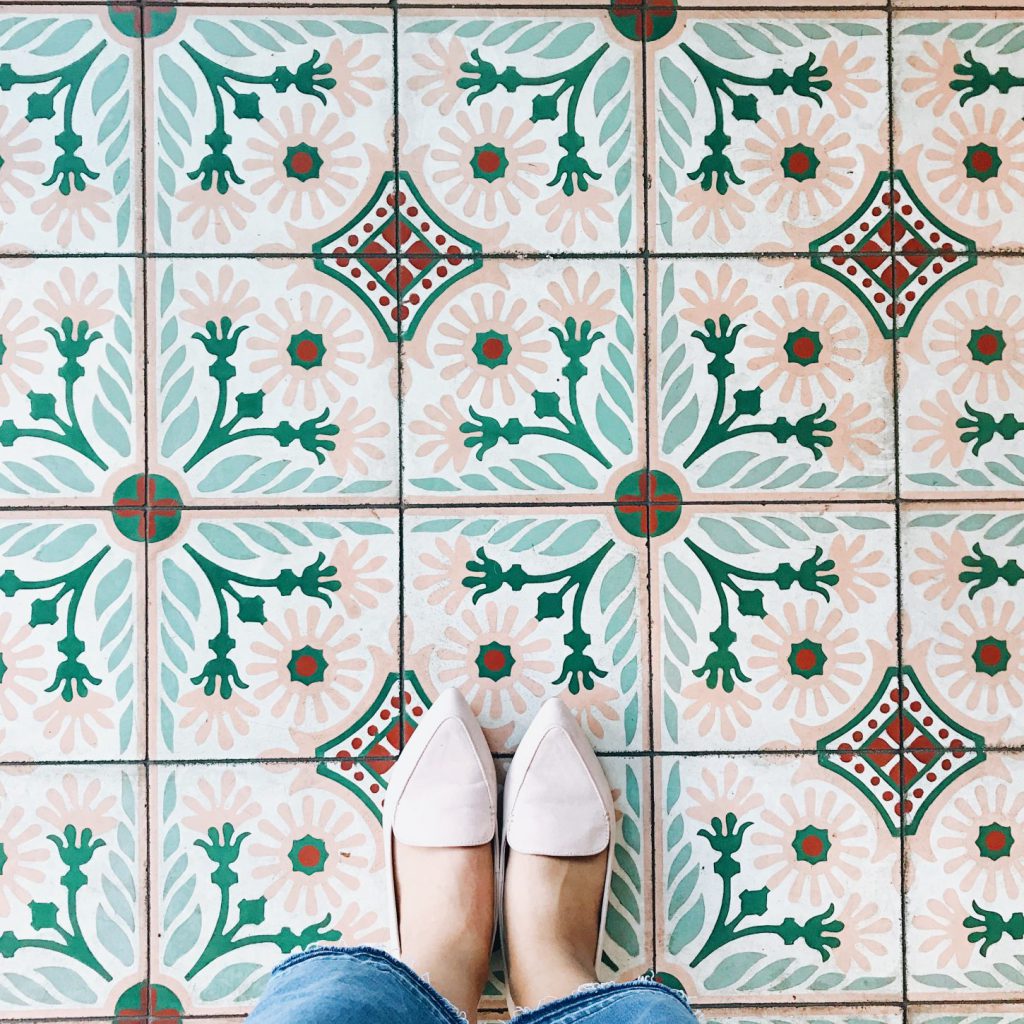
Supermoon Bakehouse in New York, is another establishment whose designer had Instagram at the forefront of his mind when creating the interior concept for the store. Aron Tzimas, designer and co-owner of Supermoon Bakehouse says that “If I said I designed Supermoon Bakehouse without Instagram in mind, people would look and say I’m a liar. We wanted the presentation of the store to look like an art gallery where the pastries are the hero” (2018).
Filled with polished concrete, pink terrazzo display counters, neon signs and iridescent take-out boxes, the combination of all these elements (and of course, the tasty pastry treats!) makes it easy to see why the interior of Supermoon Bakehouse is an Instagrammers dream.
Take a look at Supermoon Bakehouse’s Instagram account, here.
Closer to home, The Florist (Liverpool) and Habitat (Westfield, London) have embraced the Instagram culture, taking a keen interest in how customers experience the space and how best their interior can be presented and ‘shared’ across social media.
The interior of The Florist provides keen Instagrammers with a selection of beautifully curated and illustrated backdrops, whilst the designers of the new Habitat flagship store in the Westfield London have created an immersive layout, supported by an industrial framework, offering customers a view inside the store through three-framed “Instagram squares”. This method of display allows customers an uninterrupted view of each display, whilst providing a handy photographic tool without even having to venture in to the store itself.
To see more of The Florist’s interior, take a look at their Instagram account, here.
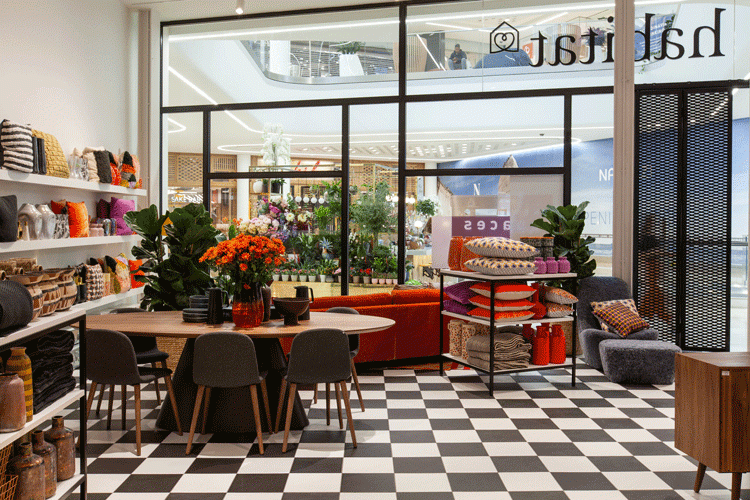
When it comes to designing interiors for the ‘social-media savvy’, proprietors, such as Michael Chernow of Seamore’s, a seafood restaurant in Manhattan, notes that his restaurant being one of the most Instagram-friendly restaurants in New York did not happen by chance. He says that “Instagram was 100% taken into account, especially when it came to the surfaces where most of the ‘grams would be taken. [I] took pages from cookbook photography and used materials such as whitewashed wood, slate, zinc and concrete and implemented these to be used as potential backdrops for diners’ photos” (2017).
Interiors provide clients and consumers with a particular lifestyle, and Instagram is a method in which users portray a lifestyle (whether true or fabricated) to their audience. It is no coincidence that the design of interiors and Instagram have now become entwined. Clients are now much more aware of the impact of social media and the positives it can bring to their business; it is now the job of the designer to utilise these positive aspects and to embrace social media in such a way as to bring heightened visibility to the design outcomes. What’s better than having your design project with its own hashtag?
